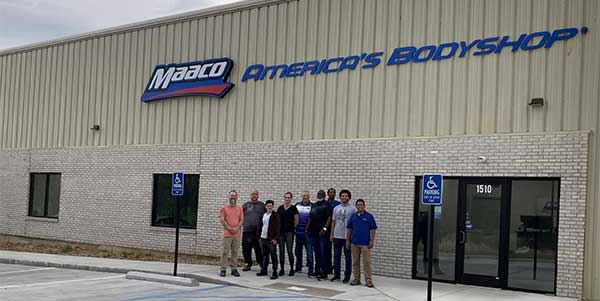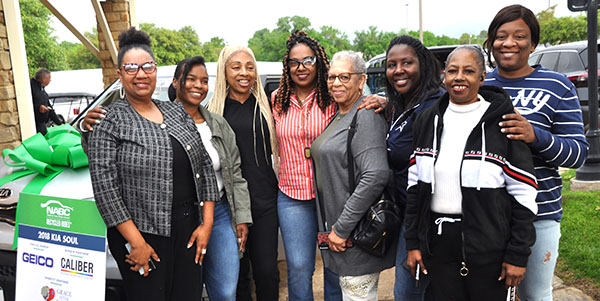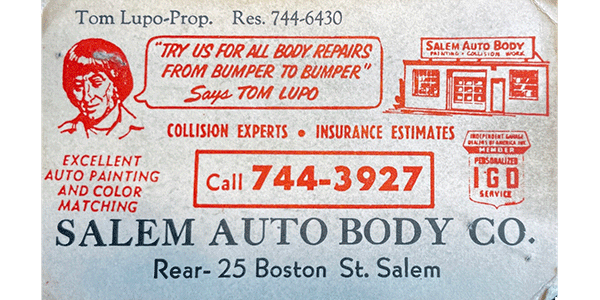The U.S. Department of Transportation’s National Highway Traffic Safety Administration (NHTSA), the Federal Highway Administration and the Federal Motor Carrier Safety Administration are joining forces with the National Safety Council (NSC) to launch the Road to Zero Coalition with the goal of ending fatalities on the nation’s roads within the next 30 years. The Department of Transportation has committed $1 million a year for the next three years to provide grants to organizations working on lifesaving programs.
“Our vision is simple – zero fatalities on our roads,” said U.S. Transportation Secretary Anthony Foxx. “We know that setting the bar for safety to the highest possible standard requires commitment from everyone to think differently about safety – from drivers to industry safety organizations and government at all levels.”
The year 2015 marked the largest increase in traffic deaths since 1966, and preliminary estimates for the first half of 2016 show an alarming uptick in fatalities – an increase of about 10.4 percent as compared to the number of fatalities in the first half of 2015.
“Every single death on our roadways is a tragedy,” said NHTSA Administrator Mark Rosekind. “We can prevent them. Our drive toward zero deaths is more than just a worthy goal. It is the only acceptable goal.”
The Road to Zero Coalition will initially focus on promoting proven lifesaving strategies, such as improving seatbelt use, installing rumble strips, truck safety, behavior change campaigns and data-driven enforcement. Additionally, the coalition will then lead the development of a new scenario-based vision on how to achieve zero traffic deaths based on evidence-based strategies and a systematic approach to eliminating risks.
“The ‘4Es’ – Education, Engineering, Enforcement and Emergency Medical Services – provide a reliable roadmap for driving down fatalities,” said Deborah A.P. Hersman, president and CEO of the National Safety Council. “Coupled with new technologies and innovative approaches to mobility, we may now hold the keys that get us to zero. The Road to Zero Coalition affirms that it will take all of us working together in new ways to eliminate preventable deaths.”
FHWA Deputy Administrator David Kim added, “Reaching zero deaths will be difficult, will take time and will require significant effort from all of us, but it is the only acceptable vision. We’re not at zero yet, but by working together, the day will come when there are no fatalities on the nation’s roadways, sidewalks or bicycle paths.”
With the rapid introduction of automated vehicles and advanced technologies, the Department believes it is now increasingly likely that the vision of zero road deaths and serious injuries can be achieved in the next 30 years. The Road to Zero Coalition will work to accelerate the achievement of that vision through concurrent efforts that focus on overall system design, addressing infrastructure design, vehicle technology, enforcement and behavior safety. An important principle of the effort will be to find ways to ensure that inevitable human mistakes do not result in fatalities.
“Working closely with our partners, both inside and outside the Department, we are committing significant resources to the serious effort being put forth to make the ambitious goal of zero deaths an eventual reality,” said FMCSA Administrator T.F. Scott Darling III. “While we work tirelessly every day to promote safer roadways, we understand that this coalition will only succeed if we all do our part and pledge to make safety our highest priority.”
The “zero deaths” idea was first adopted in Sweden in 1997 as “Vision Zero” and since has evolved across the country and across the world. A growing number of states and cities have adopted “Zero” fatality visions.













